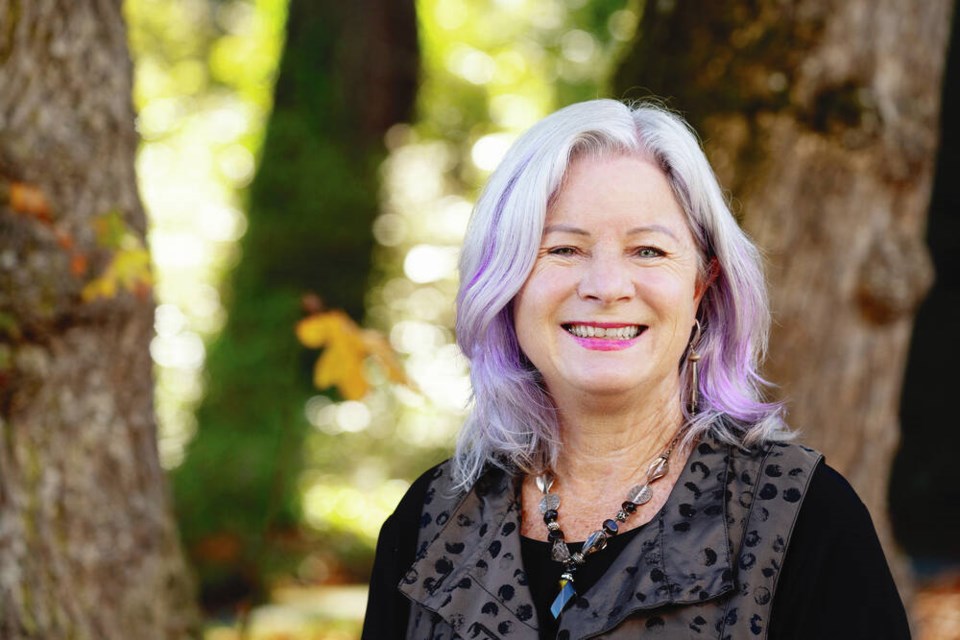The University of Victoria has released a new podcast series that gives listeners an insight into the lives of people living with Alzheimer’s and memory loss — from how they find joy by living in the present to how they manage to stay in love when everything is changing.
Call to Mind is a four-episode podcast series consisting of a collection of intimate audio diaries made from conversations and interactions between four people living with Alzheimer’s disease and other forms of dementia, and their family caregivers.
With technical assistance from researchers, the storytellers in the podcast used their own iPads and smartphones to make recordings during the first 18 months of the pandemic.
The hours of audio clips were condensed into 30-minute narratives hosted by lead researcher Debra Sheets with the Institute on Aging and Lifelong Health at the university.
Sheets calls the podcasts a way to address the “narrative scarcity” of older voices in the media. The series gives listeners a glimpse of the rewards and challenges of caregiving and the impacts of isolation.
“I want to move the narrative away from one of tragedy, continuous decline, caregiving burden and fear, to one in which we see joy and love as well,” said Sheets, a professor in the university’s School of Nursing.
More than half a million Canadians are currently living with Alzheimer’s disease or a related form of dementia. With a rapidly aging population, that number is projected to double by 2031. Every day, about one in four Canadians provide care for a family member, friend or neighbour, with family caregivers providing 75 per cent of the care needed by older Canadians living at home.
The caregivers in the podcast provide a “starkly honest glimpse” of both the challenges and rewards of caregiving, said Sheets. “There are poignant moments that are so precious and fleeting. There are struggles, crises and moments of exhaustion. It is in these personal stories that we can see the growing strain we are placing on caregivers. We must find another way and I hope this podcast helps move that conversation forward.”
One of the voices in the podcast is of Brenda Brophy, who took her 100-year-old mother Dorothy out of long-term care to look after her at home, six months into the pandemic.
“For those not yet touched by dementia, I hope they hear our stories, find empathy and understanding for those impacted by dementia and for those who are caring for elders. I want people to see and hear how seniors like my mom aren’t used up, or empty shells — they are still in there and they matter,” she said.
The Alzheimer Society of Canada notes that the COVID-19 pandemic has disproportionately affected people living with dementia by disrupting their daily lives, isolating them socially and increasing fatigue and burnout for their family caregivers.
“The Call to Mind podcast series illustrates the unique challenges facing these families right now, while also underlining the hope that is present. It’s essential their stories and voices are heard,” said Saskia Sivananthan, chief research and knowledge, translation and exchange officer at the Alzheimer Society of Canada.
The podcast was made possible by the University of Victoria, with funding from the Social Sciences and Humanities Research Council, the Alzheimer Society of Canada, the Alzheimer Society of B.C., Michael Smith Health Research B.C. and B.C. SUPPORT Unit Island Centre.
It’s is available on all podcast apps, including Apple Podcasts, and at CalltoMindPodcast.com.
Note to readers: This story has been corrected. The podcast includes conversations and interactions between four people living with Alzheimer’s disease and other forms of dementia, and their family caregivers.



